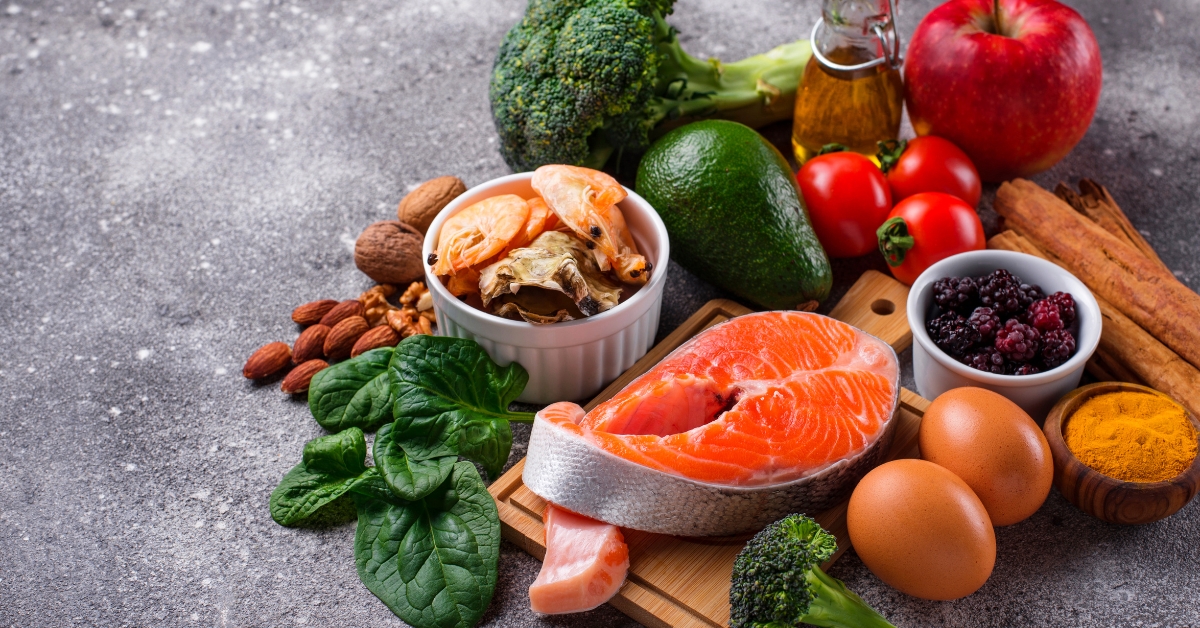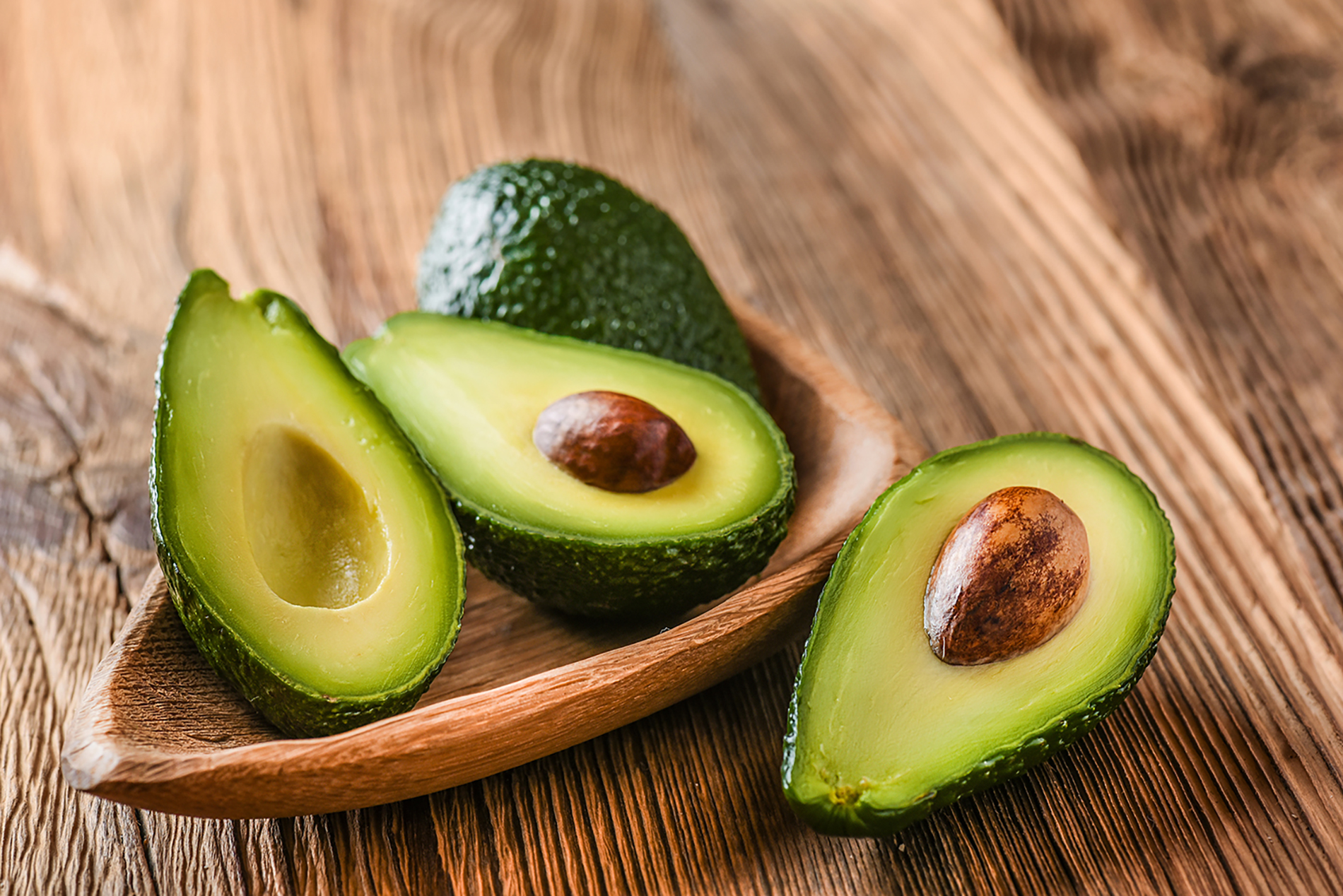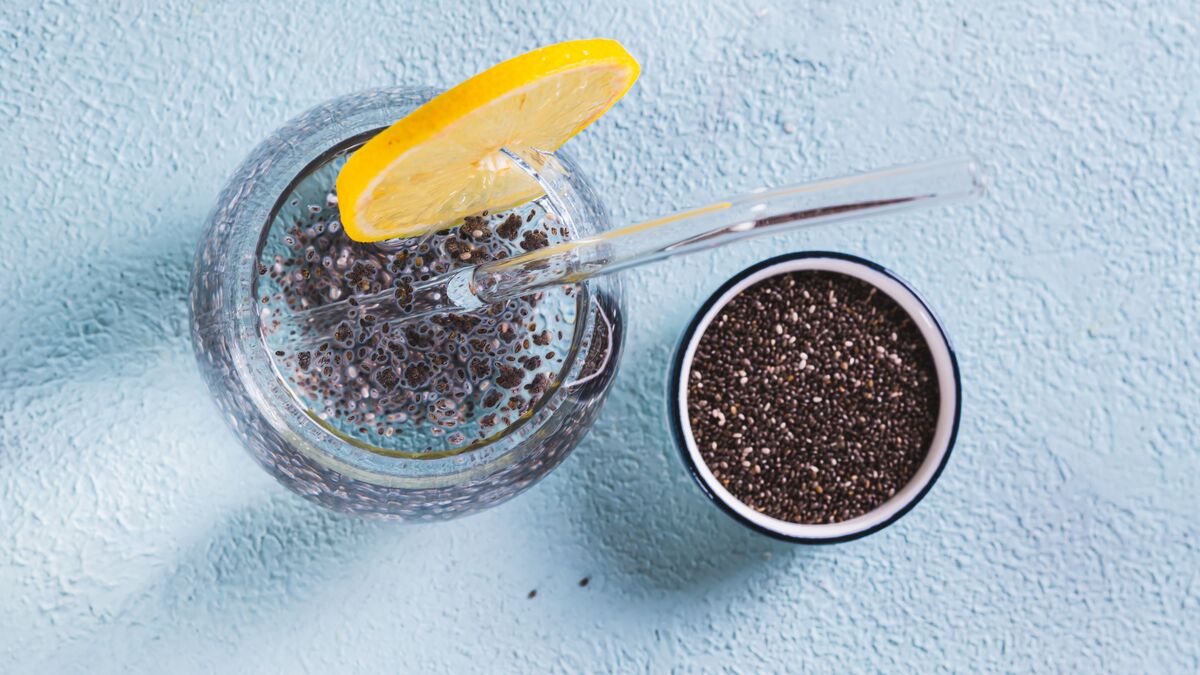Our brain’s health has a significant impact on the complex symphony of our cognitive abilities, which range from remembering treasured memories to processing complicated ideas. Concern over dementia and memory loss grows as the world’s population ages, leading to an ongoing search for practical preventative measures. A strong and constantly expanding body of research suggests a compelling truth, even though a cure is still elusive: the food we eat has a significant impact on the health of our neural networks and may even be able to postpone cognitive decline. This investigation focuses on seven amazing, easily accessible, and healthful foods that are all powerful allies in the continuous fight to ward off dementia and safeguard our priceless memories.
1. The Verdant Vanguards: Leafy Green Vegetables
When it comes to brain-boosting nutrition, few food groups can rival the sheer power of leafy green vegetables. Spinach, kale, collard greens, and Swiss chard are not just vibrant additions to your plate; they are veritable nutritional powerhouses for your brain. These greens are brimming with essential vitamins and compounds, including vitamin K, lutein, folate, and beta-carotene. Vitamin K has been linked to improved cognitive function, while folate is crucial for proper brain development and neurotransmitter production. The antioxidants within these greens combat oxidative stress, a key culprit in neurodegenerative diseases. Regular consumption of leafy greens has been consistently associated with slower rates of cognitive decline in various studies. Incorporating them into salads, smoothies, or sautéed dishes is a simple yet impactful way to fortify your brain’s defenses.
2. The Berry Brilliance: Nature’s Cognitive Jewels
Imagine tiny, flavorful bursts of concentrated goodness that actively protect your brain. This aptly describes berries – blueberries, strawberries, raspberries, and blackberries. These jewel-toned fruits are exceptionally rich in anthocyanins, powerful antioxidants that give them their vibrant colors. Anthocyanins have demonstrated remarkable abilities to cross the blood-brain barrier and exert direct protective effects on brain cells. They combat inflammation and oxidative damage, two major contributors to age-related cognitive decline and conditions like Alzheimer’s disease. Regular intake of berries has been linked to improvements in memory, learning, and overall cognitive performance. Enjoy them fresh, frozen, or blended into a daily smoothie for a sweet and smart treat.
3. The Oceanic Elixir: Fatty Fish and Omega-3 Supremacy
Our brains are composed of a significant amount of fat, and specific types of fat are crucial for optimal function. Omega-3 fatty acids, particularly DHA (docosahexaenoic acid) and EPA (eicosapentaenoic acid), are paramount. Fatty fish such as salmon, mackerel, sardines, and trout are among the richest dietary sources of these essential fats. Omega-3s are integral to the structure of brain cell membranes, facilitate communication between neurons, reduce inflammation in the brain, and support neurogenesis (the creation of new brain cells). Numerous epidemiological studies have linked higher consumption of omega-3-rich fish with a lower risk of cognitive impairment and dementia. Aim for at least two servings of fatty fish per week to provide your brain with this vital fuel.
4. The Nutty Guardians: Power-Packed Seeds and Nuts
Small in stature but mighty in their brain-boosting capabilities, nuts and seeds offer a concentrated dose of healthy fats, vitamins, and antioxidants. Walnuts, almonds, chia seeds, flaxseeds, and pumpkin seeds are excellent choices. Walnuts, in particular, are unique among nuts for their high content of alpha-linolenic acid (ALA), a plant-based omega-3 fatty acid. Most nuts and seeds are rich in vitamin E, a potent antioxidant that helps protect brain cells from damage. They also provide essential minerals like magnesium and zinc, which play roles in nerve function. Regular consumption of nuts and seeds has been associated with improved cognitive performance and a reduced risk of cognitive decline. A handful as a snack or sprinkled over meals can make a significant difference.
5. The Ancient Oil: Extra Virgin Olive Oil
A cornerstone of the revered Mediterranean diet, extra virgin olive oil is far more than just a culinary staple; it’s a liquid goldmine for brain health. It is primarily composed of monounsaturated fatty acids, which are beneficial for cardiovascular health and, by extension, brain health, as optimal blood flow to the brain is critical. Beyond its healthy fats, extra virgin olive oil is rich in polyphenols and antioxidants, including oleocanthal, a compound with potent anti-inflammatory properties. Research suggests that the compounds in olive oil may help protect against brain aging and neurodegenerative diseases. Using extra virgin olive oil as your primary cooking oil and as a dressing for salads is a delicious and effective way to infuse your diet with its brain-protective benefits.
6. The Wholesome Grains: Fueling the Brain’s Sustained Energy
While often overlooked in the specific context of brain health, whole grains provide a steady and consistent supply of glucose, the brain’s primary energy source. Unlike refined grains, which can cause rapid spikes and crashes in blood sugar, whole grains like oats, brown rice, quinoa, and whole wheat bread release glucose slowly, ensuring stable energy levels for optimal brain function. They are also rich in fiber, which supports gut health – an increasingly recognized factor in overall brain health via the gut-brain axis. Furthermore, whole grains contain B vitamins, which are crucial for nerve function and cognitive processes. Making the switch from refined to whole grains is a simple yet impactful step for long-term brain vitality.
7. The Legume Legacy: Beans for Brain Power
Beans and lentils are humble yet incredibly powerful foods for brain health. These legumes are packed with fiber, protein, and a spectrum of essential B vitamins, including folate. As mentioned earlier, folate plays a critical role in brain health and helps regulate homocysteine levels, high levels of which have been linked to an increased risk of cognitive decline. Beans and lentils also provide complex carbohydrates for sustained energy and are a good source of various minerals. Their high fiber content promotes a healthy gut microbiome, which, as emerging research suggests, has a direct influence on brain function and mood. Adding beans to soups, stews, salads, or making them a protein source in vegetarian meals offers a robust boost to your cognitive well-being.
Cultivating a Cognitively Protective Lifestyle
While these seven foods offer immense benefits, it’s crucial to understand that they are components of a larger, holistic approach to brain health. A balanced diet rich in these foods, coupled with regular physical activity, adequate sleep, stress management techniques, and engaging in mentally stimulating activities, collectively forms a formidable defense against dementia and memory loss. By consciously integrating these nourishing choices into our daily lives, we empower ourselves to build a more resilient and vibrant brain, helping to safeguard our cognitive future and preserve our most cherished memories.









